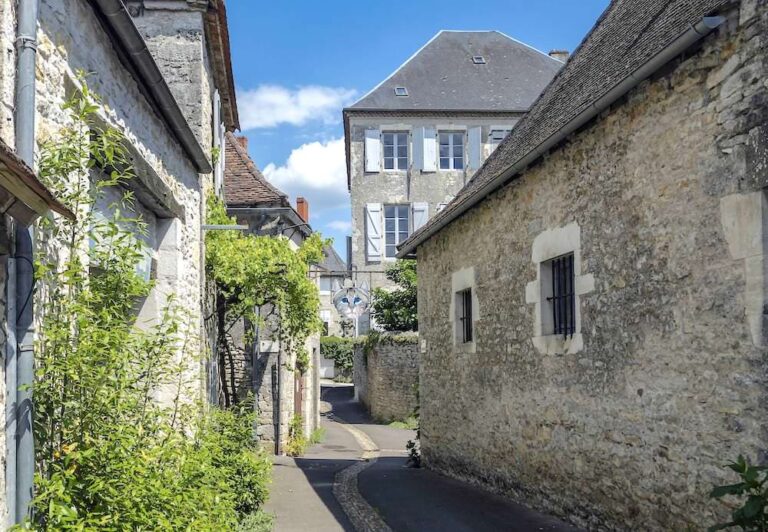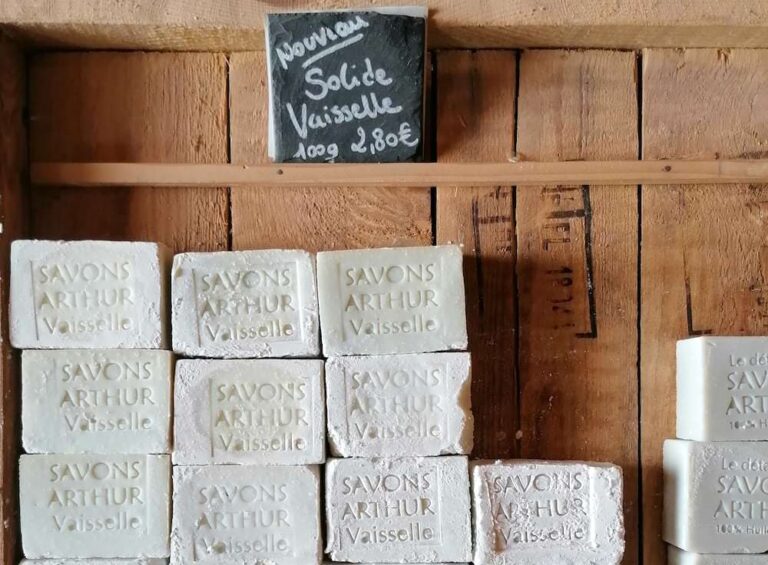oser
The verb “oser” is a French verb meaning “to dare.” It is a regular verb in the -er conjugation group, meaning it is conjugated in the same way as verbs like donner and parler.
Usage examples
- Oser parler en public
(To dare to speak in public) - Oses-tu lui dire la vérité ?
(Do you dare to tell him/her the truth?) - J’ose espérer que tout ira bien.
(I dare to hope that everything will be fine.)
Idiomatic expressions
- N’osez pas ! (Don’t you dare!)
- Oser tout : (To dare everything, meaning to be extremely bold, or to risk everything)
- Qui ose gagne : (Who dares, wins)
Conjugation
Present tense (présent)
- J’ose
- Tu oses
- Il/Elle ose
- Nous osons
- Vous osez
- Ils/Elles osent
Passé composé
- J’ai osé
- Tu as osé
- Il/Elle a osé
- Nous avons osé
- Vous avez osé
- Ils/Elles ont osé
Etymology
“Oser” derives from the Latin word “audere,” meaning “to dare,” which shares roots with the English word “audacious.” Its linguistic lineage reflects the universal human experience of overcoming fear and taking risks.
Tip for learners
When using “oser,” remember that it’s followed directly by an infinitive verb, so there is no need to add “de” or “à” in between the two verbs.






